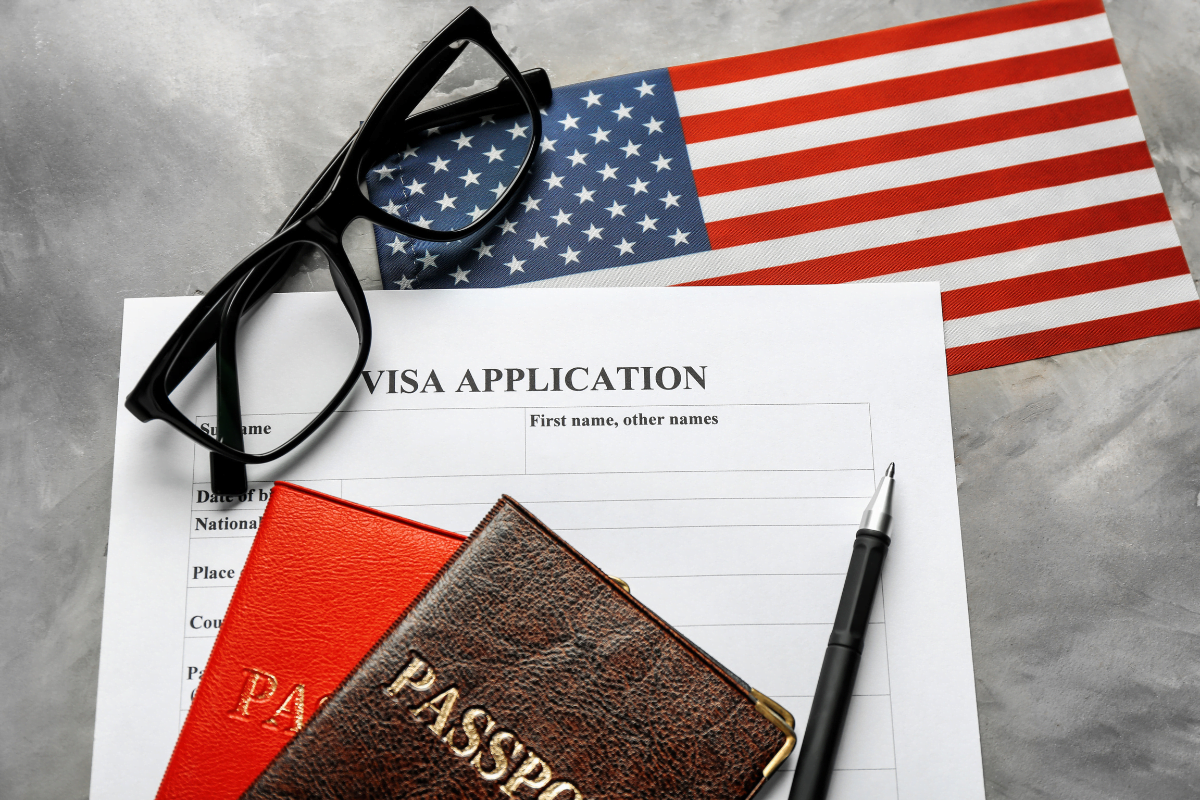Enhancing Visa Processing Efficiency: USCIS Visa Processing Implements New Measures
New regulations implemented by the United States Citizenship and Immigration Services (USCIS). Since March 29, 2022, aim to address the significant backlog in visa processing. USCIS is actively undertaking various policy changes to expedite processing times.
This article provides an overview of USCIS’ latest provisions aimed at reducing processing time for the E-2 visa and other relevant categories.
What is USCIS?
The United States Citizenship and Immigration Services (USCIS) is an agency within the Department of Homeland Security (DHS) responsible for overseeing immigration-related processes and services.
USCIS Cycle Time Goals – Embracing an Innovative System
USCIS has introduced a novel mechanism, based on “internal cycle time goals,” to guide the reduction of the existing backlog. This unique system also helps determine. The required timeframe for processing immigration benefits effectively.
Furthermore, the new regulations include strategic measures to bolster. The agency’s capacity to process visa applications. USCIS has incorporated state-of-the-art technology tools and expanded its staffing resources to enhance efficiency.
Both these advancements build upon USCIS’s existing system to monitor the number of pending applications. Referred to as “cycle times.” Essentially, cycle times measure the duration pending cases of a specific category spend awaiting processing.
While USCIS publicly discloses the average processing times for different visa categories. The concept of “cycle times” was relatively unknown to most applicants, given its internal use within the agency. However, with this announcement, applicants can anticipate substantial improvements. In processing times, reduced backlogs, and an overall enhanced user experience. The federal agency aims to achieve these goals by the end of the fiscal year 2023, and some changes are already underway.
USCIS Reduces Processing Time for E-2 Visa and Other Categories :
The positive developments at USCIS in 2023 extend beyond the aforementioned policies. The US Department of Homeland Security (DHS) has introduced. A final rule in the Federal Register titled “Implementation of the Emergency Stopgap USCIS Stabilization Act.”
This new rule intends to expand premium processing services to a broader range of visa petitions. In the past, premium processing was limited to select visa categories. However, the E-2 nonimmigrant classification is among the categories included in this expansion.
The E-2 classification, often referred to as the “Treaty Investor Visa,” provides foreign investor. With an opportunity to enter the United States by making a “substantial capital investment” in a legitimate US enterprise.
DHS plans a phased expansion of premium processing services. Leveraging the revenue generated from current premium processing petitions to support. The development and implementation of this expansion.
Presently, non-premium processing I-129 Petition for a Nonimmigrant Worker. Cases take over two months to process. As expected, E-2 applicants seeking to expedite. Their processing timeframe will be required to pay for these benefits.
For foreign investors filing Form I-129 and requesting premium processing for the E-2 classification, a $2,500 fee is applicable
What is USCIS and its role in visa processing?
The USCIS is a government agency responsible for overseeing lawful immigration into the United States. Its primary role includes processing and adjudicating visa petitions, conducting interviews, and making determinations on eligibility for various immigration benefits.
How does the USCIS visa processing system work?
The USCIS visa processing system involves a series of steps, including the submission of application forms, supporting documents, payment of fees, biometric data collection (if required), and interviews. USCIS officers review each application, verify the information provided, and make decisions based on immigration laws and regulations.
The United States Citizenship and Immigration Services (USCIS) plays a vital role in processing visa applications for individuals seeking to visit, study, work, or reside in the United States.


